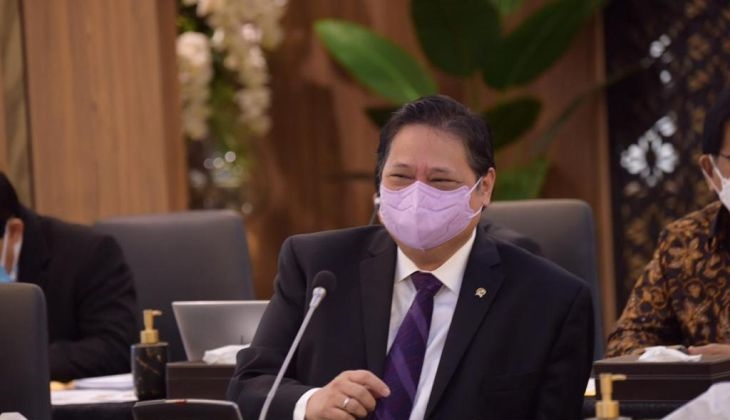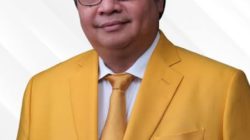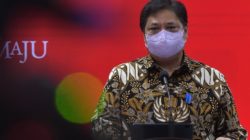Jakarta – Bilateral cooperation in the trade and investment sectors between Indonesia and the Netherlands was strengthened during a meeting between Coordinating Minister for Economic Affairs Airlangga Hartarto and Dutch Prime Minister Mark Rutte.
On Wednesday, May 25, the discussion was held on the fringes of the 2022 World Economic Forum Annual Meeting agenda in Davos, Switzerland.
“Bilateral commerce between Indonesia and the Netherlands is always positive for Indonesia,” he said in an official statement received here on Thursday.
The bilateral trade value between the two countries was US$3.92 billion in 2020, with national exports being US$3.11 billion and imports totaling US$804.3 million.
The Netherlands is Indonesia’s eleventh-largest export market. Palm oil accounted for 14 percent of total exports, followed by chemical goods (12 percent) and copra and its derivative products (6%).
Others included vegetable or animal oils and their derivative goods at 6%; petroleum at 5%; chocolate, butter, fat, and oil at 3%; tin at 3%; footwear at 2%; and acids and their derivative products at 2%.
During the 2016-2021 period, the Netherlands was the fifth-largest investor in Indonesia, out of a total of 157 countries. The investment value was $9.68 billion, accounting for 5.43 percent of total foreign investment.
The power, gas, and water industries received 34% of the investment, transportation, storage, and telecommunications received 1.92 percent, and mining received 16.7 percent.
The two countries also signed an MoU on Cooperation in Sustainable Palm Oil Production in 2019, a Technical Arrangement in 2020, and the NI-SCOPS Implementation Plan on April 24, 2020.
He also advocated for increased cooperation in the semiconductor sector, as well as progress in Dutch investment in Indonesia, such as Unilever in the oleochemical sector in the Sei Mangkei special economic zone, Philips in the medical sector, and the construction of the Frisian Flag factory in Cikarang.
Prime Minister Rutte anticipates that structural adjustments that promote effectiveness and efficiency in the licensing procedure in Indonesia will make the investment process for Dutch enterprises easier.
If Indonesia ever offered investment opportunities in the education sector, both for higher education and vocational training, the Netherlands would welcome the concept.
The Nuffic-Neso scholarship provided chances for Indonesian students interested in studying in the Netherlands.




